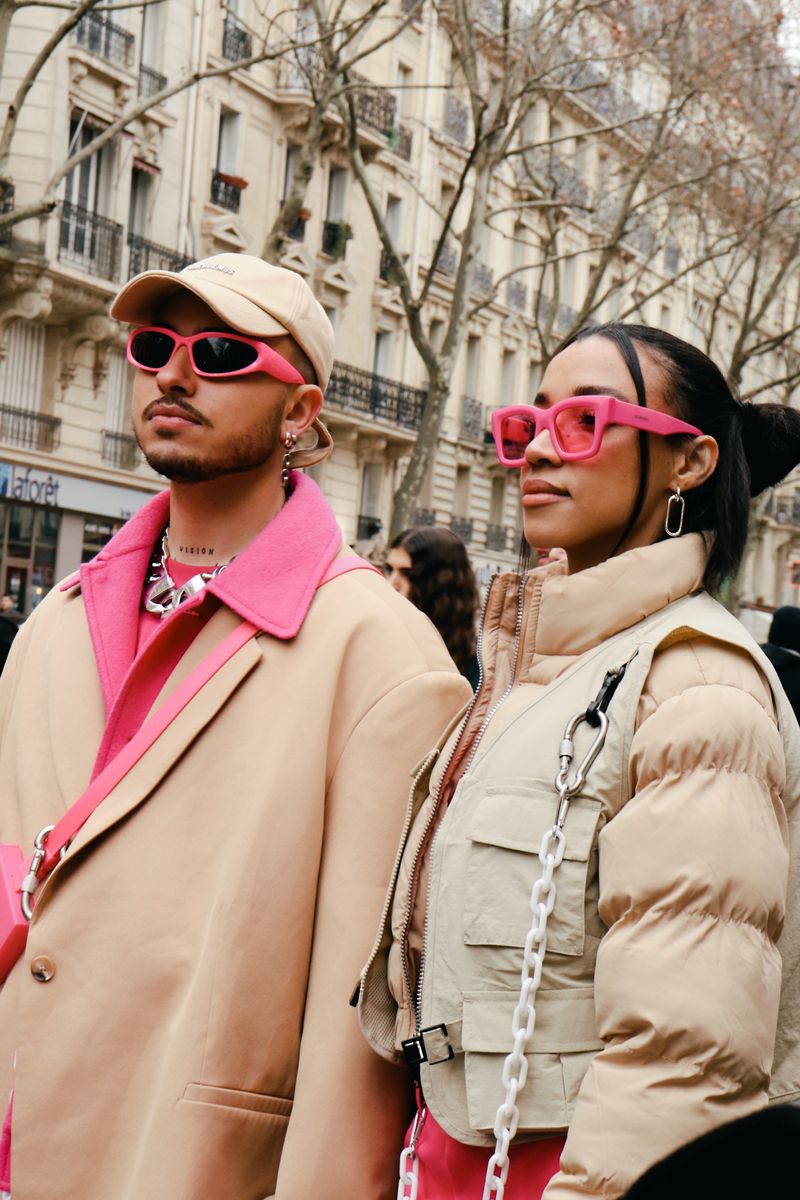Addressing the Backlash: Dylan Mulvaney’s Experience with Bud Light
The Allegations
In a recent video posted on TikTok, transgender influencer Dylan Mulvaney opened up about her experience working with Bud Light, accusing the company of failing to provide support after she faced conservative backlash for featuring a personalized can sent to her by the company. Mulvaney expressed her disappointment, stating that “For a company to hire a trans person and then not publicly stand by them is worse, in my opinion, than not hiring a trans person at all.” She argued that Bud Light’s silence encourages transphobia and fosters a hostile environment for marginalized individuals.
A Call for Accountability
Mulvaney’s video shed light on the potential consequences of corporate partnerships with marginalized individuals. She revealed that the backlash she experienced has had a significant impact on her mental well-being, leading to feelings of fear, loneliness, and guilt. Moreover, she emphasized that the hatred directed toward her extends beyond herself and affects the entire transgender community.
These allegations raise important questions about corporate responsibility and accountability. When companies choose to work with individuals from marginalized communities, they must be prepared to support them in the face of adversity. It is not enough to simply make a donation during Pride Month; true support requires active and ongoing engagement.
Corporate Response
In response to Mulvaney’s allegations, a spokesperson for Bud Light’s parent company, Anheuser-Busch, issued a statement affirming their commitment to programs and partnerships with LGBTQ+ organizations. They emphasized the importance of employee and partner safety but did not address whether or not they had reached out to Mulvaney since the controversy began.
Anheuser-Busch’s CEO, Brendan Whitworth, appeared on “CBS Mornings” and, when asked if he would send the personalized can to Mulvaney again, avoided giving a direct answer. He focused instead on providing financial assistance to distributors and wholesalers affected by the decline in Bud Light sales. While addressing the impact on employees, Whitworth’s response lacked a clear acknowledgment of Mulvaney’s grievances or the company’s responsibility in supporting her during this difficult time.
Lessons Learned and Moving Forward
This incident serves as a reminder that corporate partnerships with marginalized individuals carry responsibilities and potential risks. As society continues to evolve, companies must grapple with the ethical implications of their actions. The Bud Light-Mulvaney controversy highlights the need for companies not only to prioritize diversity and inclusion but also to actively support and defend their employees and partners when facing backlash.
Moving forward, it is crucial for Bud Light and other companies to engage in dialogue with individuals like Mulvaney and the wider LGBTQ+ community to understand their concerns, recognize their experiences, and work towards rectifying any mistakes made. Companies must not shy away from the uncomfortable conversations that arise from controversies but see them as opportunities for growth and improvement.
Editorial: The Importance of Corporate Solidarity
The experience of Dylan Mulvaney with Bud Light highlights the ongoing struggle for marginalized communities to find true acceptance in society. While corporate partnerships can provide visibility and representation, it is essential that companies go beyond surface-level support during Pride Month or other symbolic gestures.
True solidarity requires a commitment to standing up for marginalized individuals, even in the face of adversity. If companies choose to work with diverse individuals, they must be willing to publicly support and defend them against hateful and discriminatory attacks. Silence or indifference can perpetuate a culture of exclusion and further marginalize those already vulnerable.
It is encouraging to see that Mulvaney’s story has sparked a larger conversation about the responsibilities of corporations in embracing diversity and defending the rights and well-being of their employees and partners. However, this conversation must lead to tangible change and a reevaluation of corporate practices to ensure true inclusivity and allyship moving forward.

<< photo by Tabu >>
The image is for illustrative purposes only and does not depict the actual situation.
You might want to read !
- Dylan Mulvaney’s Candid Response to Bud Light Controversy: A Reflection on Free Speech and Corporate Accountability
- Jesse Watters Replaces Tucker Carlson: The Fox News Shake-Up You Can’t Miss
- “The Rise of El Tri: Mexico Dominates Honduras 4-0 in Gold Cup”
- Livestream Showdown: Haiti vs. Mexico in CONCACAF Gold Cup
- Jury Acquits Scot Peterson: The Troubling Implications for Accountability in Law Enforcement
- Garth Brooks’ New Bar Will (Sort of) Sell Bud Light, Despite Previous Criticism of Beer
- Exploring the Mysteries of The Witcher Season 3: Unanswered Questions Revealed
- Virgin Galactic: Pioneering the Future of Suborbital Space Tourism




